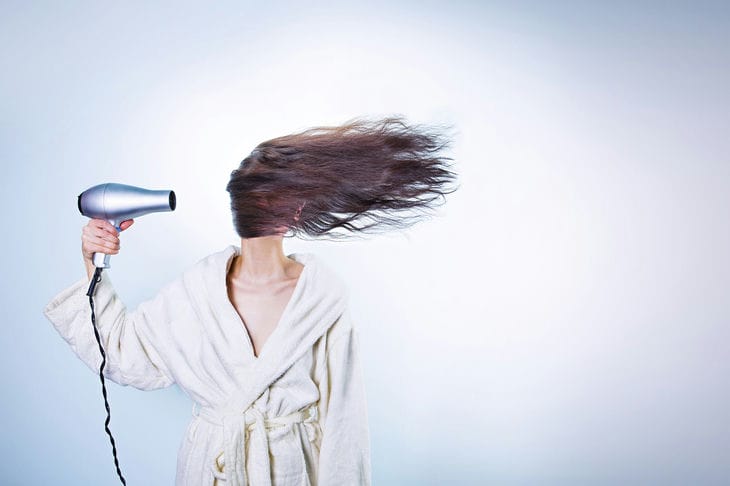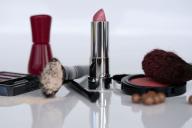Hair loss is a problem that many people face.
When the amount of hair on your brush or pillow begins to frighten you, it is natural to feel anxious.
However, there is no need to panic: there are many ways to stop excessive hair loss and restore hair health.

Consultation with a specialist
The first step when faced with the problem of severe hair loss should be to consult a trichologist.
This specialist will diagnose the condition of your hair and scalp, determine the causes of the problem and offer appropriate treatment.
Often, hair loss can be a symptom of other diseases, so a comprehensive examination of the body may also be necessary.
Proper nutrition
Hair health is directly related to nutrition. Including foods rich in protein, iron, zinc, B vitamins and omega-3 fatty acids in your diet can significantly improve the condition of your hair. Eggs, fish, nuts, pumpkin seeds, spinach and other green vegetables are especially beneficial.
Minimizing stress
Stress is one of the main enemies of healthy hair. Chronic stress can lead to hormonal imbalance, which in turn causes hair loss.
Regular yoga, meditation, adequate sleep, and other relaxation techniques can help reduce stress levels and improve the condition of your hair.
Proper hair care
Taking good care of your hair can significantly reduce hair loss. Avoid using too hot water when washing your hair, use mild sulfate-free shampoos, and comb your hair gently with a wide comb, starting from the ends. It is also recommended to limit the use of hair dryers, straighteners, and other styling devices.
Scalp massage
Regular scalp massage stimulates blood circulation, which helps to nourish the hair follicles better. You can massage with your fingers or a special brush, using natural oils such as coconut or jojoba oil.
Use of special means
There are many products designed specifically to combat hair loss. These can be shampoos, conditioners, masks, serums containing such components as caffeine, biotin, keratin, peptides. However, these products should be chosen after consulting a specialist.
Drug treatment
In some cases, medication may be needed. Drugs such as minoxidil or finasteride may be effective for androgenetic alopecia. However, they should only be used under the supervision of a doctor.
Physiotherapy procedures
Modern trichology offers a number of effective procedures to combat hair loss. This can be mesotherapy, plasma lifting, laser therapy. These methods stimulate hair growth and improve the condition of the scalp.
Hormonal control
Hormonal imbalance is a common cause of hair loss, especially in women. If you see an endocrinologist, they will check your hormone levels and, if necessary, prescribe treatment to correct the imbalance. This can significantly improve the condition of your hair.








